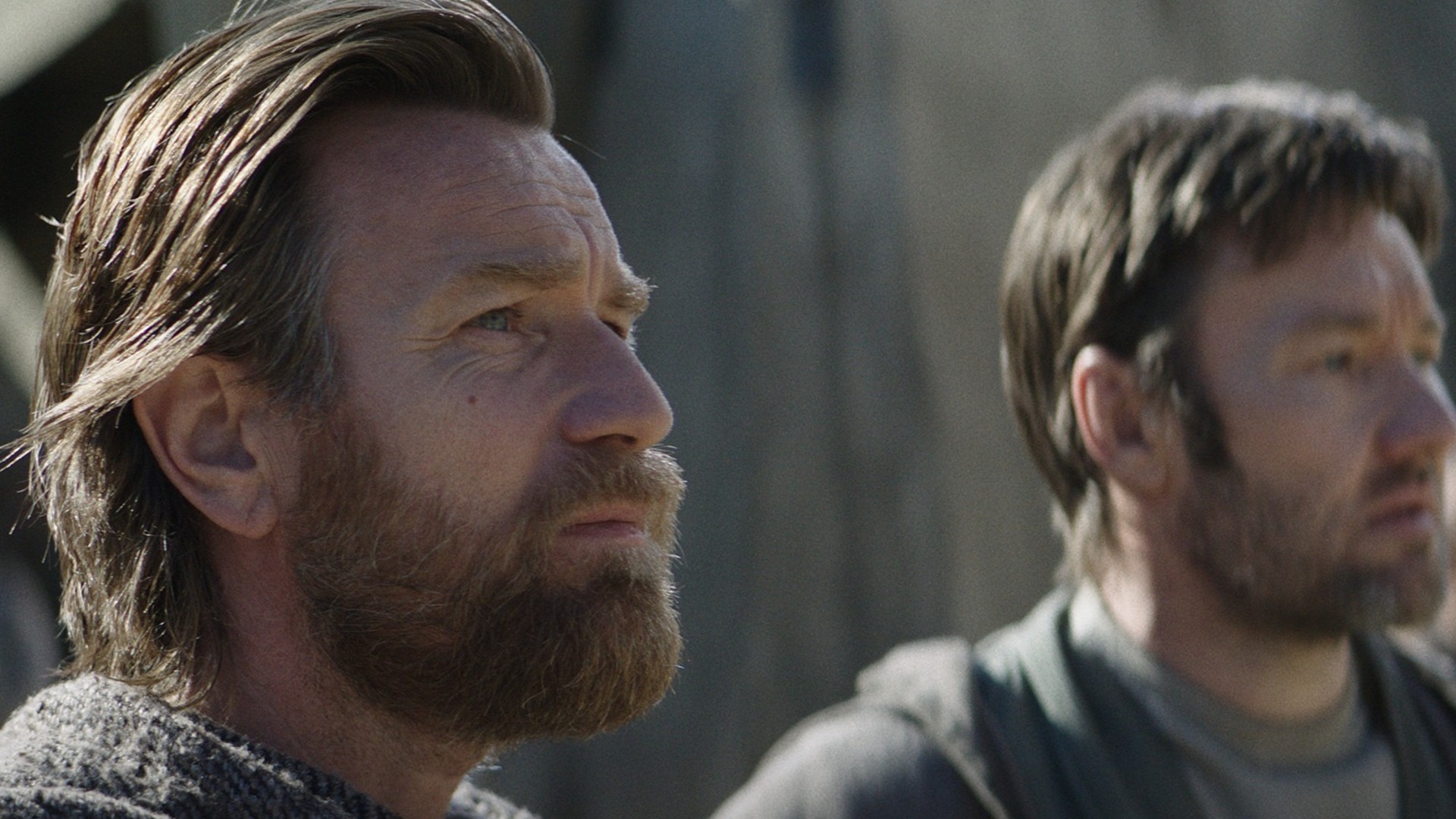
TV Critic Alex Taylor reviews the latest Star Wars limited series, praising it for breathing new life into the prequel trilogy
From the Disney+ behemoth that, like a hungry rancor, is quickly dominating the streaming landscape, Obi-Wan Kenobi is the anticipated latest instalment to the Star Wars canon. The six-part series is sandwiched within the twenty-year period that succeeds the prequels and precedes the original trilogy. It follows the so far reluctant tribulations of the undeniably older titular character.
After a seventeen-year hiatus, Ewan McGregor’s reprisal of the iconic role is an inevitably welcome return to the franchise, with the break being more than justified through his increasingly nuanced performance. Having previously suffered criticism due to the restrictions imposed by the quirks and idiosyncrasies of his predecessor, Alec Guinness, McGregor’s inherent charm undoubtedly prevails. However, McGregor is not the only welcome return to the saga’s production. Despite the brilliant work of Ludwig Göransson for The Mandalorian, John Williams notably returns to score the series and to provide a musical bookend for McGregor’s engagement with the character.
“The six-part series is more indicative of an action-thriller than a formulaic addition to the Star Wars canon
At the time of writing, the six-part series is more indicative of an action-thriller than a formulaic addition to the Star Wars canon. Underpinned by fight sequences and an aesthetic reminiscent of the John Wick franchise, the narrative focuses on a tired Kenobi, forced into a plot akin to Liam Neeson’s Taken. The neon glow of the Hong Kong-inspired city juxtaposes the monotonous desert the now reclusive character inhabits and alludes to the criminal underbelly the Star Wars universe is increasingly exploring.
Alongside its unconventionality, Obi-Wan Kenobi continually honours the franchises’ prior instalments. Not only through its more recognisable deployment of lightsabers and ambiguous aliens, but through its violence (a neglected aspect of the original series), its commitment to world-building and its explicit references to the prequel films; as shown through the haunting flashbacks Obi-Wan experiences. Alongside this, for the audience, connotations of the prequel series emerge not only through the character’s nightmares, but the series’ engagement with very talented (and very American) child actors, that are as impressive as they are forgivably cringeworthy.
“The series’ unique sense of patience before cashing out on meaningless action sequences facilitates the tension necessary to justify the series
Star Wars television series continually engage with the risk of appearing too similar to a fan-made film, of which there are many. However, in Obi-Wan Kenobi, those rare occasions are somewhat made up for through thoughtful visuals and considered pacing, which despite the series’ flaws, imbue it with an inherent sense of maturity. Despite some feeling non-plussed about Disney’s streaming pursuits, the series’ unique sense of patience before cashing out on meaningless action sequences facilitates the tension necessary to justify the series. This is not only through the promise of future Jedi mysticism, but in the imposing presence Darth Vader has from the beginning despite having not yet fully featured.
Obi-Wan Kenobi feels far removed from the original series, which is evidently a testimony to the world-building abilities of George Lucas. With the undeniable momentum and escalation the franchise has gained over the last forty years, watching Obi-Wan Kenobi is simultaneously very connected to the saga’s current place in popular culture, while feeling more than ever that it all started a long time ago, in a galaxy far, far away.
Rating: 4/5
Check out more Redbrick TV Reviews here:
Review: The Mandalorian – Season Two

Comments